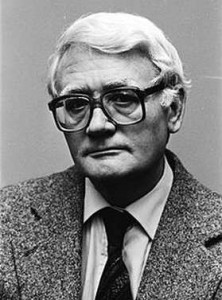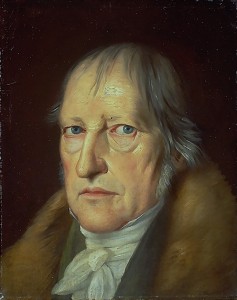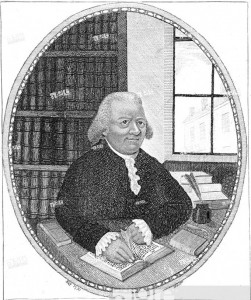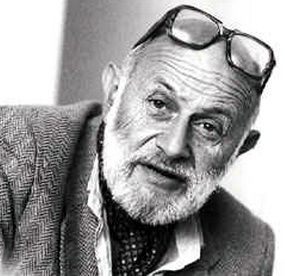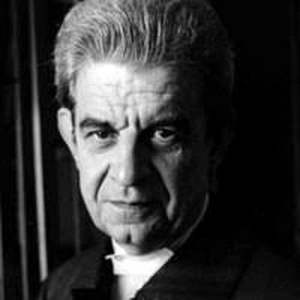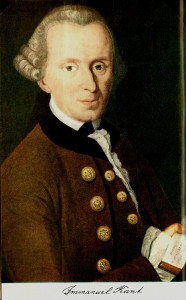 This presentation addresses the criticism of Kant’s ethics as being removed from everyday moral thinking through a discussion of Kant’s analysis of common moral rational cognition in Groundwork I.
This presentation addresses the criticism of Kant’s ethics as being removed from everyday moral thinking through a discussion of Kant’s analysis of common moral rational cognition in Groundwork I.
It invokes Bernard Williams’ distinction between abstract, “thin” ethical concepts, such as “right” and “good,” which are the subject matter of much contemporary ethical theorizing, and concrete, “thick” ethical concepts such as “coward” and “lie,” which, on Williams’ view, are the “given” of ethical thought, and thus should form the starting point of ethical reflection.



